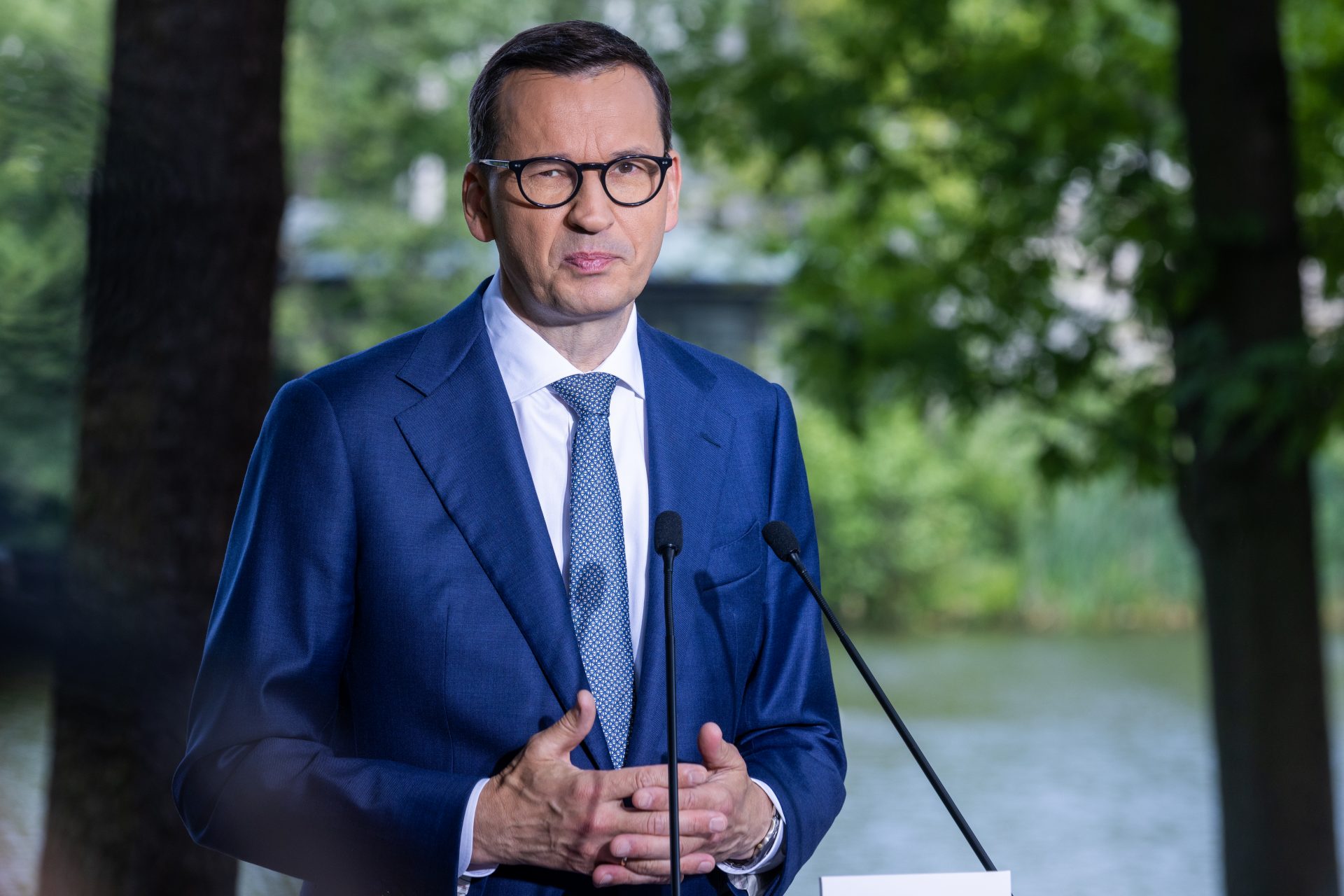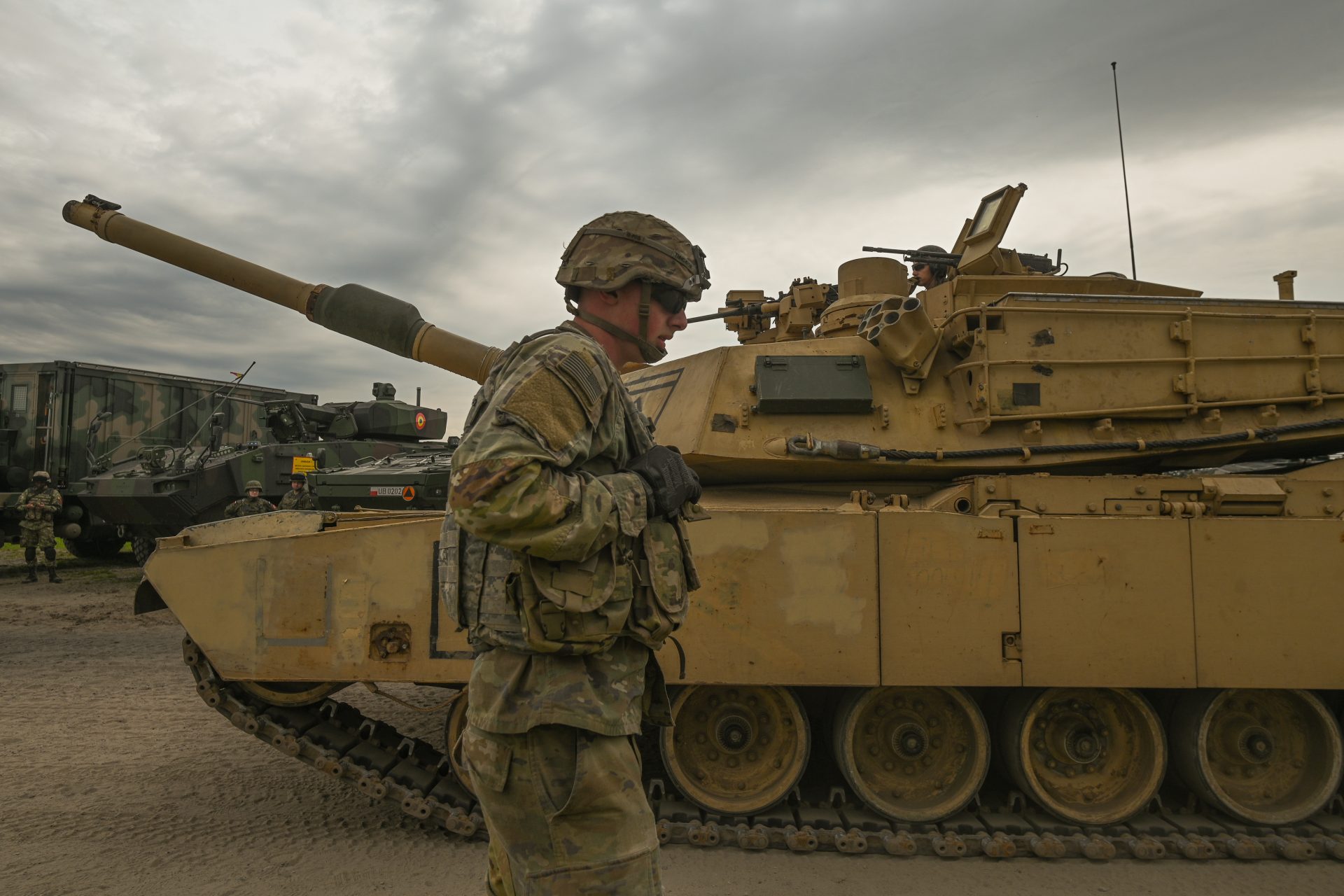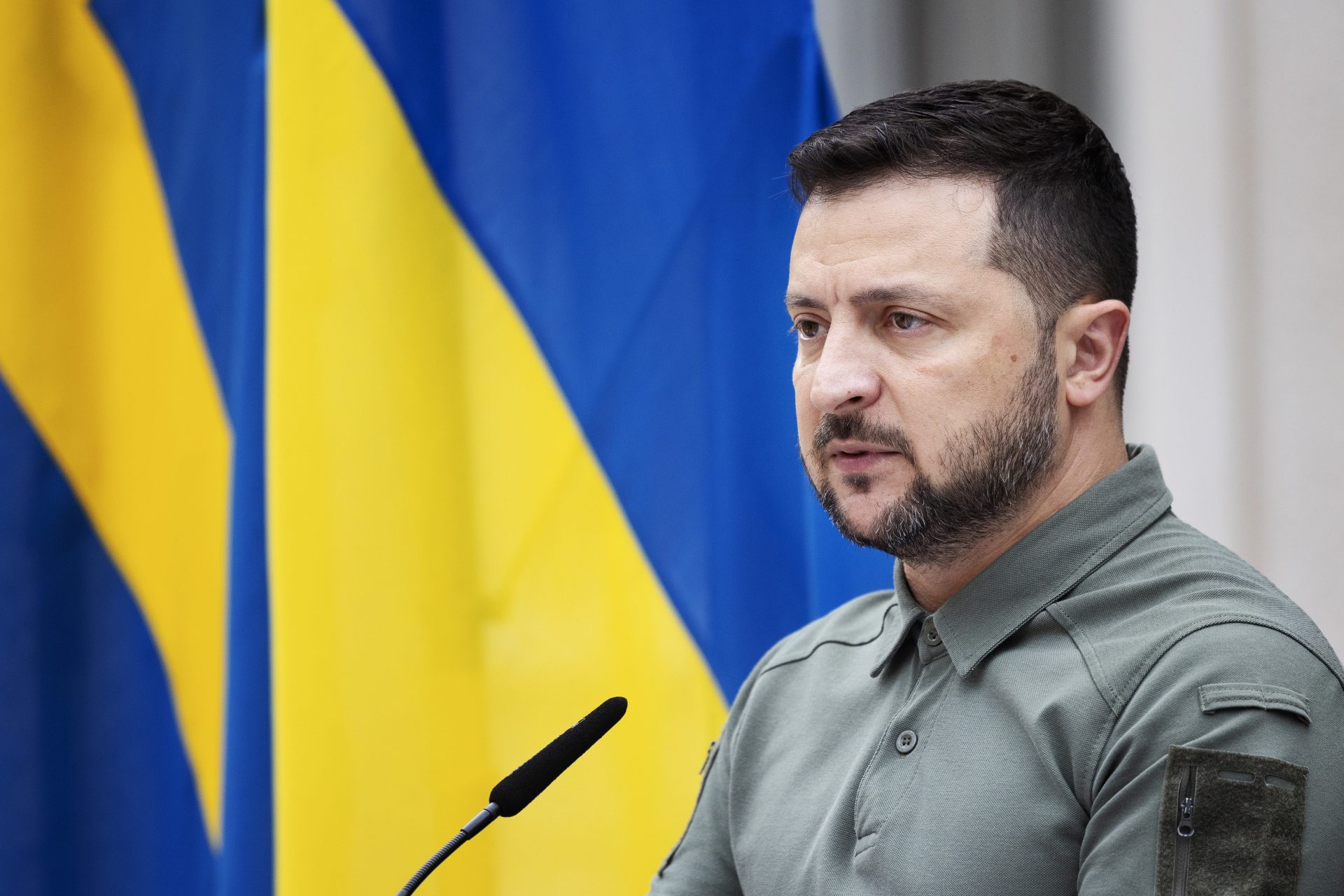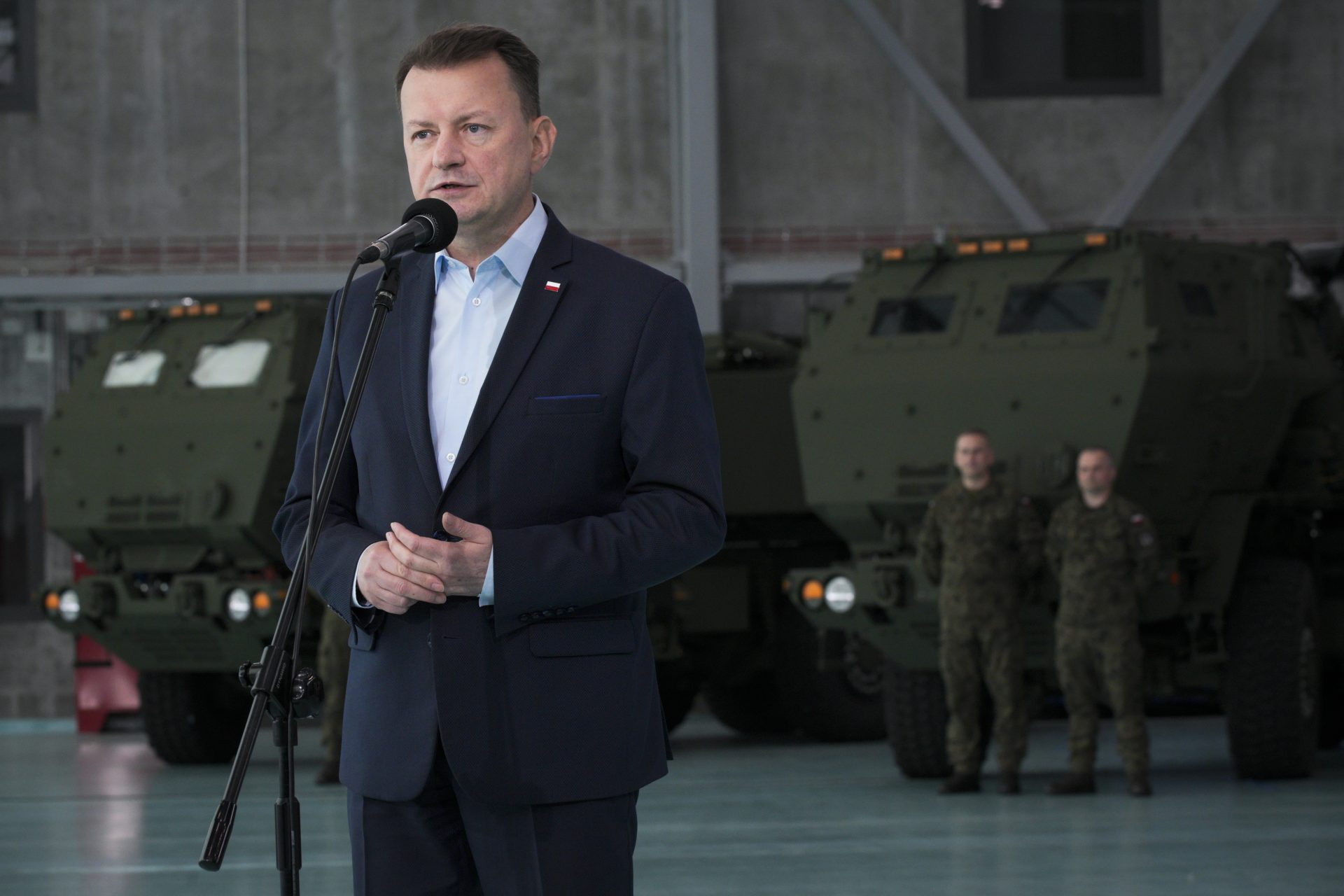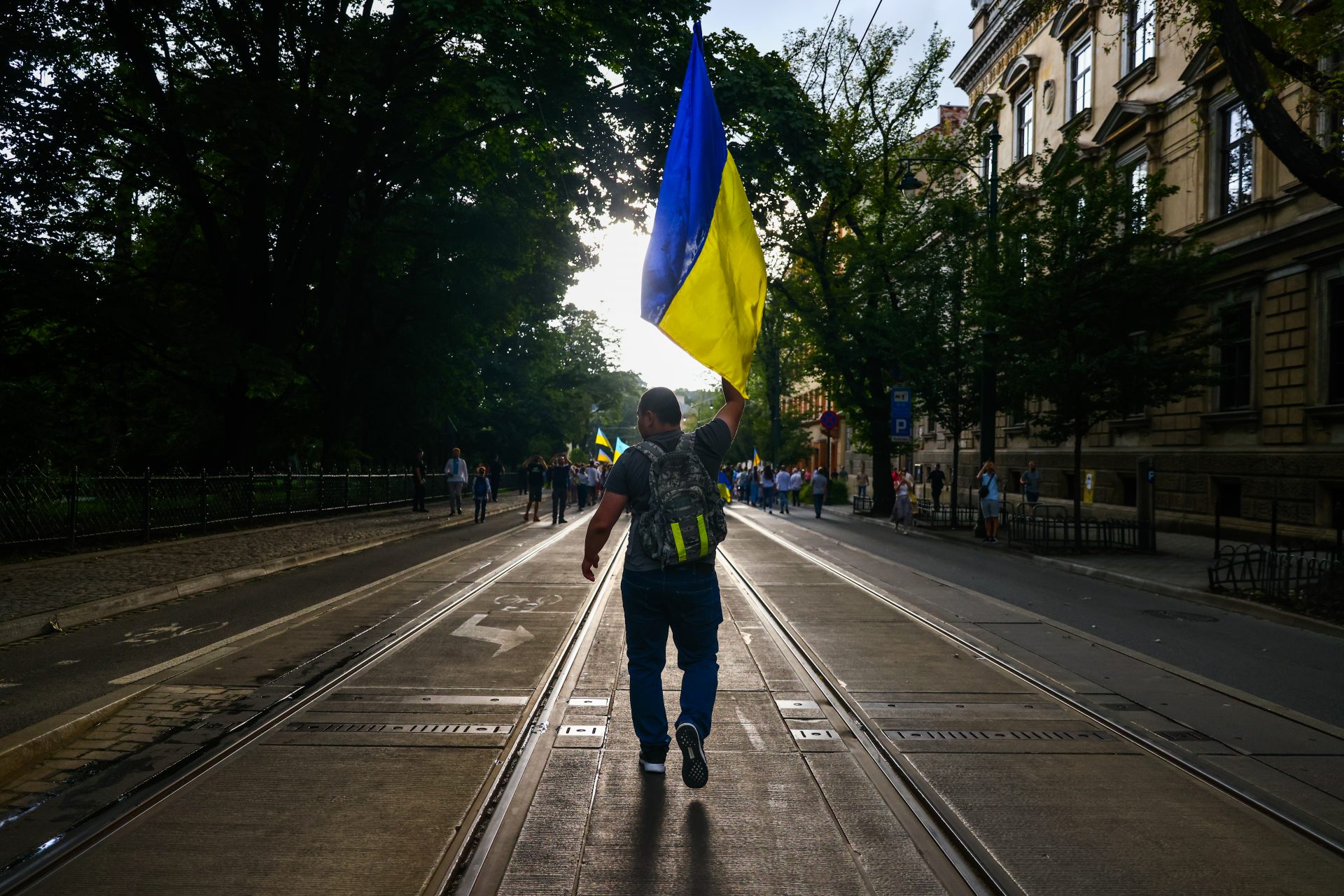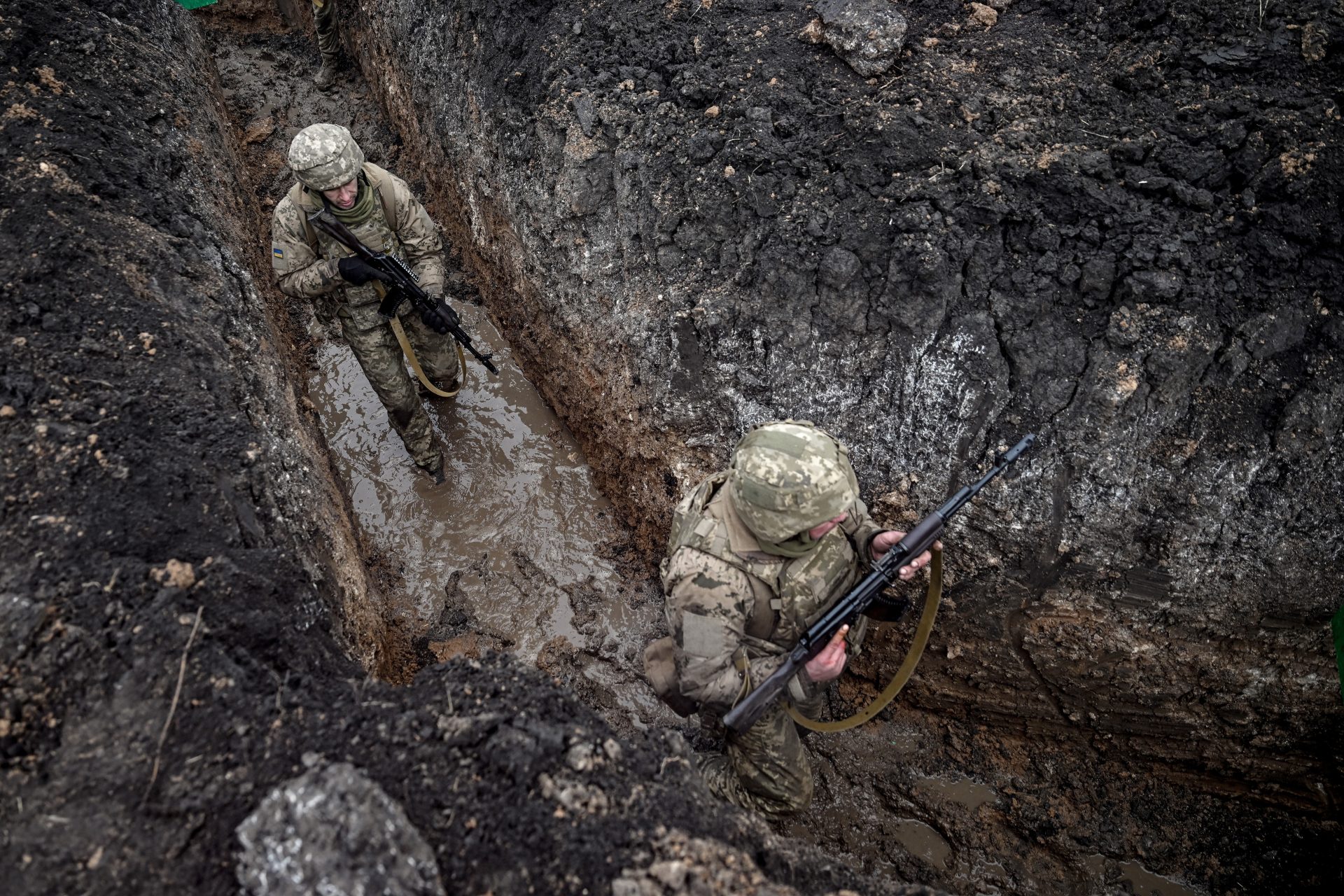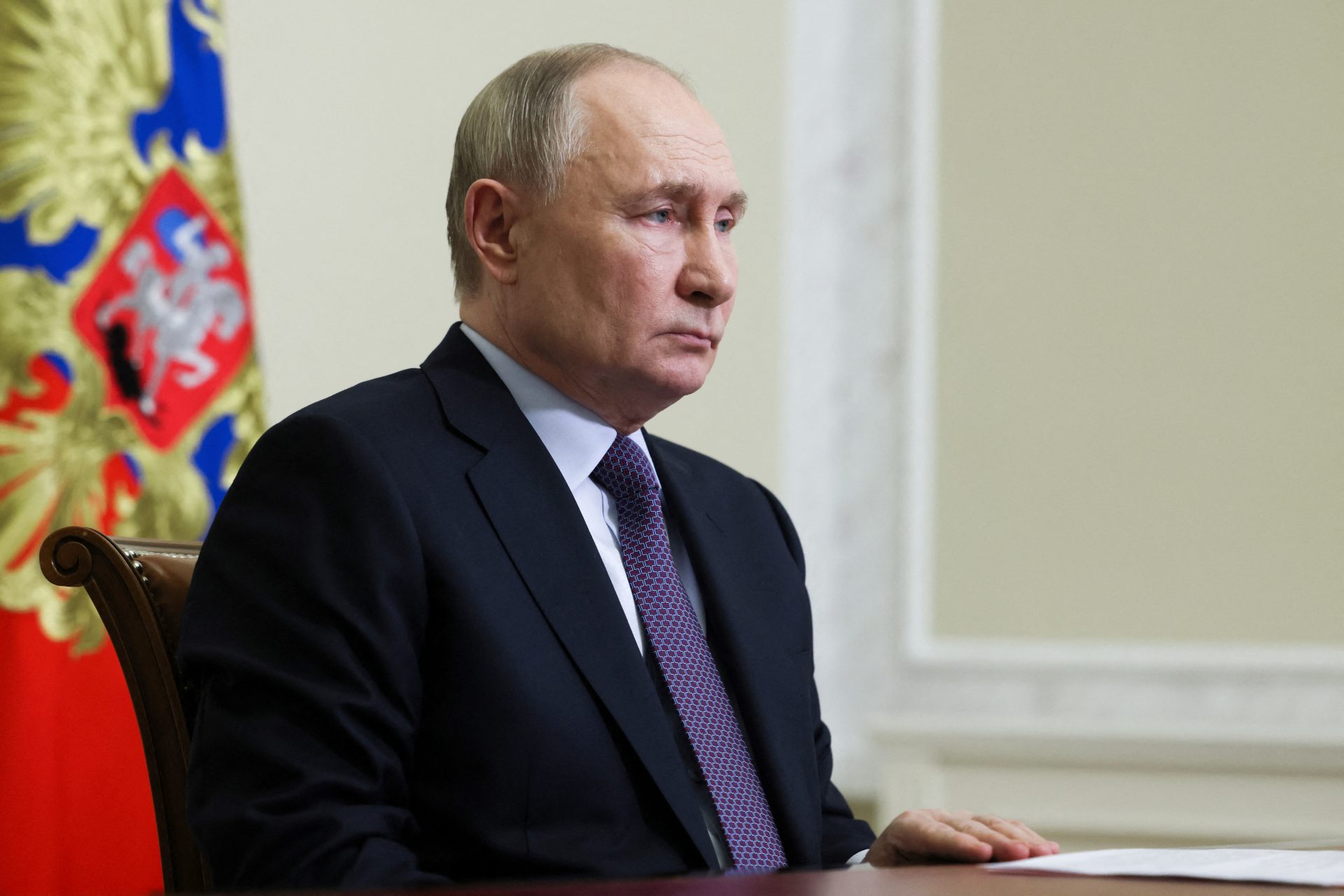Poland, a key ally, says it won't send new weapons to Ukraine
Poland announced that it would stop committing to send new weapons to Ukraine, arguing that the country is now purchasing for its own arsenal, so it will only supply Zelensky's troops with what was promised in past months.
The decision has stripped Ukraine of one of its most decisive allies during the war. Poland was the first country to send fighter jets and commanded a coalition of nations that pushed NATO to provide heavier weapons.
The group of countries received the nickname "Leopard Coalition" from British media. It pressured Germany to allow Leopard tanks exports to Ukraine in January.
The coalition was concerned about Russia's capacity to replenish arsenals faster than Ukraine. Poland led a crucial effort in the game-changing decision to send heavy weapons to Ukraine among the allies.
The Polish government pushed what European media called a "new phase" of weapon supply and support to Ukraine, with around a dozen countries agreeing to send tanks.
The announcement came in the middle of a dispute over grain imports. Ukraine's possibilities to export overseas were demised, so the European Union waved the product from import tariffs to its block.
The measure unintentionally hurt many producers near the Ukranian borders that now had to compete with cheap imported grain.
In response, the European Union established a temporary ban on imports of Ukrainian grain, which allowed the grain to pass through those countries but not be sold in their markets.
A few days before Poland's weapon announcement, the EU lifted its import ban, and Warsaw decided to challenge it and keep banning Ukranian grain from its markets.
According to The Guardian, The Polish weapons and grain decisions came ahead of a national election with right-wing party Law and Order trying to keep the rural votes.
Ukraine took the conflict to the World Trade Organization, and Zelenzki complained about what he called "a theater" during the UN's general assembly.
Things could go worse for Zelensky as Poland is not the only country that chose to defy the European Union's lift of the ban: Slovenia and Hungary did the same.
The support of neighboring countries has been crucial for the Ukrainian defense. According to The New York Times, Poland has provided over $3 billion in military aid.
Furthermore, The Associated Press reports that countries like Estonia, Norway, Slovenia, and the Czech Republic have committed around 40% of some of their arsenals.
The support came as other allies were concerned about sending weapons while keeping their own arsenals full, while the war burned through supplies at a rate not seen since WWII.
Poland's defense minister has been careful not to clarify whether his country would sign new weapon agreements with Ukraine in the future. Things could change after the elections.
Still, the news came at a difficult moment as the European Union is trying to negotiate a $21.3 billion fund to finance weapons for Ukraine over the next four years.
More for you
Top Stories



